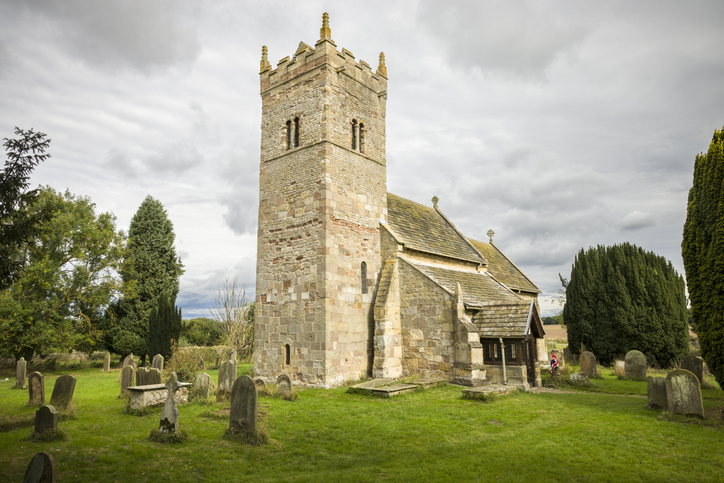
Chancel repair liability, a historic obligation on certain property owners in England and Wales to contribute to the upkeep of the chancel in their local Anglican parish church, underwent significant changes as of October 13, 2013. Prior to this date, it held the legal status of an “overriding interest,” binding even unaware buyers of affected land. However, under the Land Registration Act 2002, this overriding status was abolished, necessitating protection measures for enforceability against subsequent land purchasers.
For registered land, protection requires the registration of a notice against the property’s title. Any such notice registered post-October 13, 2013, applies only if there hasn’t been a transaction involving valuable consideration since that date. Consequently, a purchaser for value would be free of liability if not notified via a title notice.
Unregistered land poses similar challenges. Here, safeguarding the right to claim for chancel repairs involves lodging a caution against first registration, which alerts a purchaser’s solicitor during conveyancing searches. This right persists until the land is either transferred to a new owner, triggering registration, or voluntarily registered at the Land Registry.
In cases where a caution has been lodged, a registration application triggers notification to the beneficiary (usually the Parochial Church Council in England or the Representative Body of the Church in Wales). The Land Registry typically notes the liability burden on the property title upon completion of registration.
Despite hopes that the Land Registration Act 2002 would resolve unregistered chancel claims, property owners remain responsible for contesting liability registrations with the Land Registry. The Registry’s stance suggests that the courts may ultimately decide the outcome of such disputes. Once the Church initiates liability registration, whether through notice or caution, obtaining indemnity insurance becomes impractical. Hence, consideration of insurance is advisable at the point of property acquisition.
Given the ongoing uncertainties, conducting a chancel search and contemplating indemnity insurance when potential liabilities emerge remain prudent. While indemnity insurance doesn’t prevent claims, it typically compensates the liable party for repair costs and any resultant property value reduction, subject to policy terms and conditions.
The content of our site is provided for general information purposes only and does not constitute legal or other professional advice.
